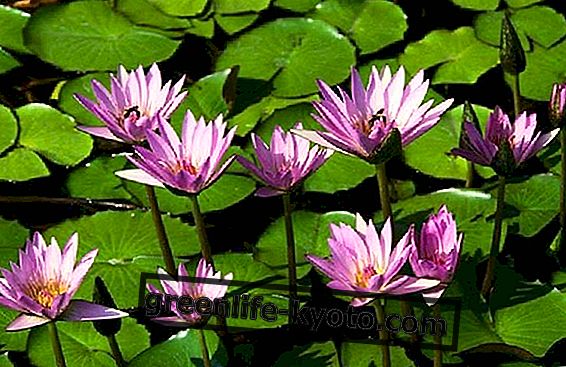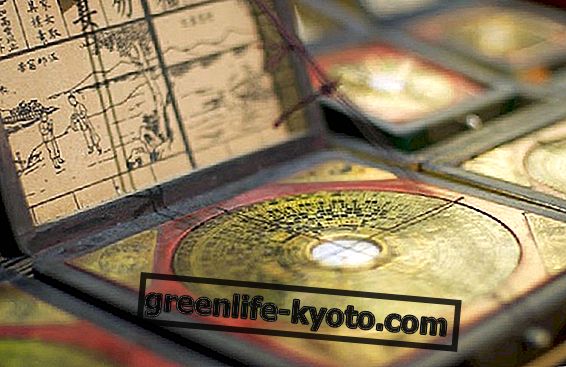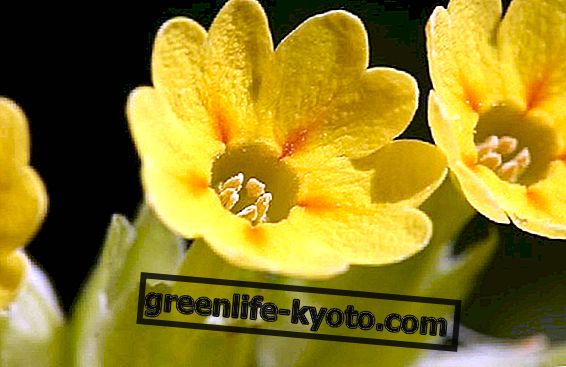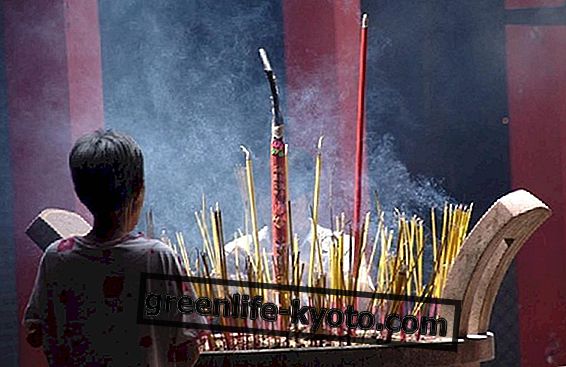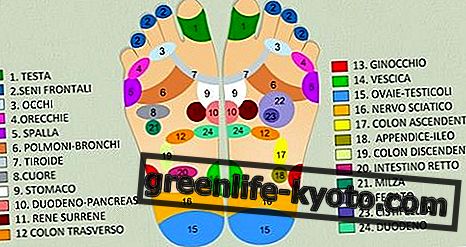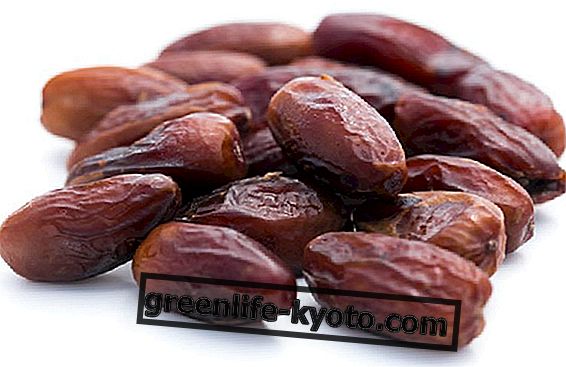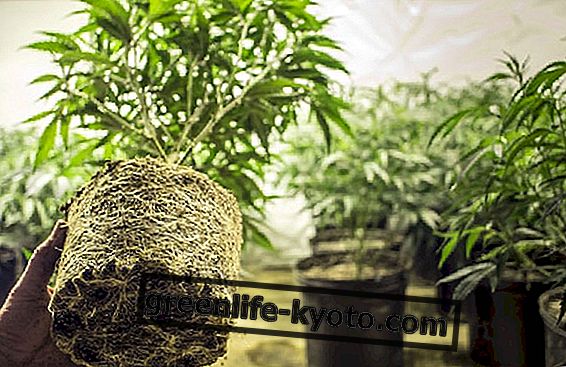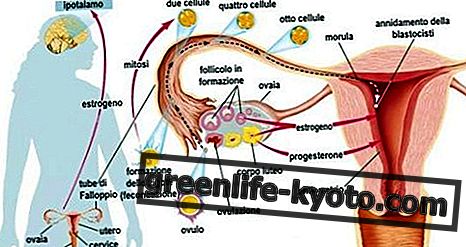
Origin and functionality of ayurvedic teas
Ayurvedic teas preserve recipes and combinations that come from ancient India and represent a compendium of treatments that follows the dictates of Ayurveda, a science of divine origin that is linked to human experience. Ayurveda considers health as the result of the balance of the different spheres of life (the three Doshas, or the three vital energies, Vata, Pitta, Kapha) themselves related to the surrounding environment. Each person is the set of the three principles, but has a predominant tendency towards one or more of them: for this reason we speak of the constitution Vata, Pitta and Kapha.
The purpose of ayurveda is to keep the Doshas in balance, correcting any excesses or deficiencies of one or the other: therefore, the indications of care and prevention vary according to the type. It follows that there are ayurvedic teas designed specifically for each type of person.
What Ayurvedic teas are based on
The medicinal principles used by ayurveda are, in general, minerals, purified metals and combined with fulvic acids, but above all herbs, in the form of ayurvedic powders, tablets, infusions and herbal teas . Most of these principles are therefore phytotherapeutic in nature, such as Amalaki (emblica officinalis), Trikatu, a compound of three herbs (ginger, pepper and pippali), Haridra (curcuma), Brahmi (Bacopa Monnieri), the Tulasi (Indian sacred basil), the Erand (common castor), the Guduchi (Tinospora cordifolia), Kumari (aloe), Gokshur ( Tribulus terrestris ).
The ayurvedic herbal teas, in combination with yoga, meditation and diet, contribute to maintaining the perfect psychophysical balance of man, thanks to his harmonious interaction with the nature that surrounds him. The " Carata " is the Great Physician: its name means vagabond, because it is he who, walking in the jungles, in the valleys and on the shores of the oceans, looks for herbs and medicinal plants , is the herbalist who had experience in the field. The Great Indian Physician defines Ayurveda as the discipline by which it is possible to distinguish healthy and happy ways of life from unhealthy and unhappy ones, so as to know what benefits and what harms health and happiness, therefore which herbs to choose.
How to prepare and administer Ayurvedic teas
The ayurvedic herbal teas are on the market in the form of herbs mixed in sachets for many years also in Italy and, practically, they are prepared as normal infusions and herbal teas, by boiling the water and letting them filter according to the times. It must be considered, however, that the ayurvedic teas must be carefully chosen according to the Ayurvedic typology to which we belong, so as to be really effective in balancing our being, for this it is sufficient to read well what the package contains. Here, for example, a type of person Vata, thin, long-limbed, with dry skin and thin hair, of nervous and restless character, will need a calming and relaxing herbal tea, containing licorice and spices, recommended when under pressure, stressed and restless.
While a Pitta person can choose a refreshing herbal tea with cardamom and spices, recommended when one is irritable or impatient and has an excess of appetite or heat. The Kapha herbal tea is stimulating, draining and purifying, contains a mixture of aromatic spices such as cardamom, a useful spice when you have problems with digestion and irritable bowel, rosemary, ginger, dill, hyssop and is recommended in the case of slowed metabolism. These therapies based on ayurvedic teas, which help to restore the prakriti (balance) of the individual, can be started at any time of the year.
Are there ayurvedic teas suitable for all three Doshas?
There are also herbal teas on the market that are good for all three Doshas, of course. Often it is not so immediate to understand which vital energy to refer to, sometimes it is likely to feel both Vata and Pitta or Kapha.
For example, alone, without having to buy Ayurvedic herbal teas in bags, the following herbal tea can be prepared:
ingredients for a cup of water: 1/3 of a teaspoon of caraway seeds ; 1/3 of a teaspoon of coriander seeds ; 1/3 of a teaspoon of fennel seeds.
Preparation: bring the water to a boil and add the spices, turn off the heat, cover and leave to infuse for 5 minutes. Filter. Sweetened according to the characteristic of your Dosha ( Vata : honey or corn syrup , Pitta: fructose, corn syrup , Kapha: honey).
